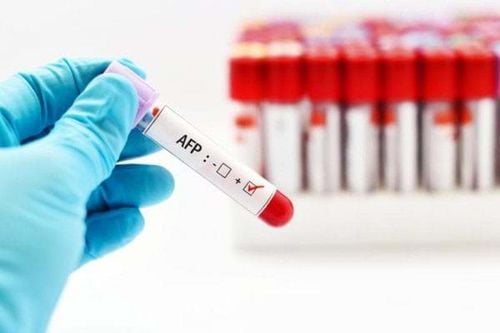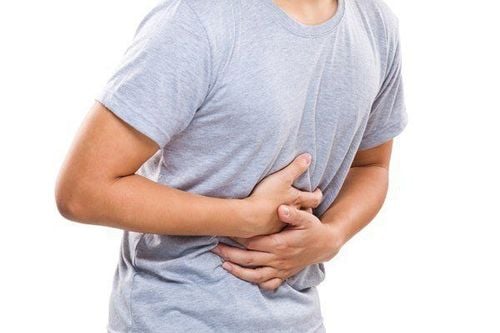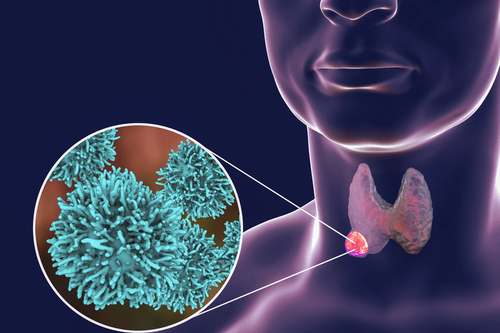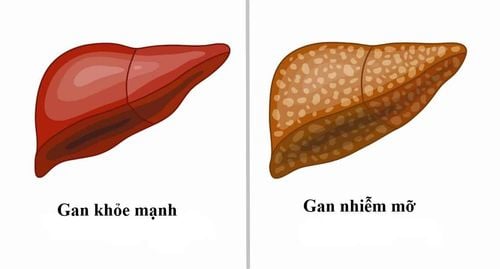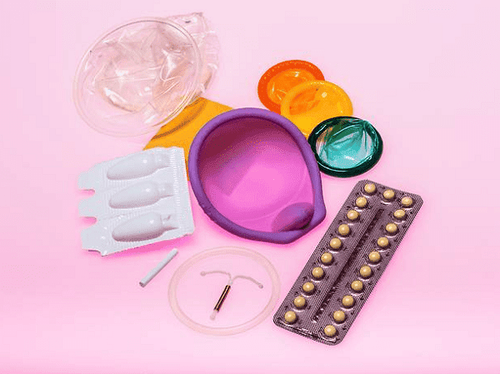This is an automatically translated article.
Elderly people have weakened immune systems and aging organs, so they are more susceptible to diseases or injuries. Therefore, a health check-up at the age of 60 is very necessary. This article will introduce readers to some of the checks to be done for people in their 60s.
1. Blood pressure
High blood pressure is a very dangerous disease and is common in the elderly. Symptoms are often asymptomatic or appear late, and are therefore often referred to as “silent killers”. High blood pressure increases your risk of stroke or heart attack or other heart problems.
High blood pressure is a common condition in the elderly. On average, one in three adults has high blood pressure. 64% of men and 69% of women between the ages of 65 and 74 have high blood pressure.
Blood pressure checks should be done at least once a year, especially for those 60 years old. However, more frequent screening may be needed for people with heart disease, blood pressure, or other risk factors. Along with that, it is necessary to pay attention to health care at the age of 60 to reduce the risk of high blood pressure.
2. Screening for colorectal cancer
Screening for colorectal cancer is part of the 60-year-old health exam. This screening can be performed between the ages of 50 and 75. For those at high risk, testing should be done earlier. Tests to be performed include:
Blood tests in the stool: once a year. Vaginoscopy combined with a stool blood test. Colonoscopy .
3. Prostate Cancer Screening
Prostate cancer can be detected with a digital rectal exam or measuring prostate-specific antigen (PSA) levels in men's blood. Prostate cancer should be performed as early as 50 years of age in high-risk individuals. Or it can be tested earlier in a family member with a history of prostate cancer.
4. Breast exam
Breast disease is one of the most common diseases in women, both young and old. Therefore, it is necessary to perform this test when performing a physical examination at the age of 60. To detect the disease, it is necessary to perform a mammogram.
Mammograms should be done every 1 or 2 years and starting at age 40 or 50. However, other mammograms can also be done and in young people at risk or with symptoms. symptom of the disease.
5. Gynecological examination, cervical smear and HPV test
In older women, because the activity of enzymes has decreased significantly, the risk of gynecological diseases is not high. However, there are still many cases of older women with cervical cancer or vaginal cancer. Therefore, gynecological tests are necessary for women over 60 years of age.
Can have a cervical cytology test every 3 years, an HPV test every 5 years, or both, until age 65 at the age of 60 physical examination.
6. Vision test
Elderly people often experience eye diseases such as: macular degeneration, cataracts and glaucoma,... The incidence of these diseases often increases with age. Therefore, it is necessary to conduct regular check-ups and perform early to detect the disease early and have a timely treatment plan. To limit visual disturbances, it is possible to adjust the appropriate nutrition and health care at the age of 60.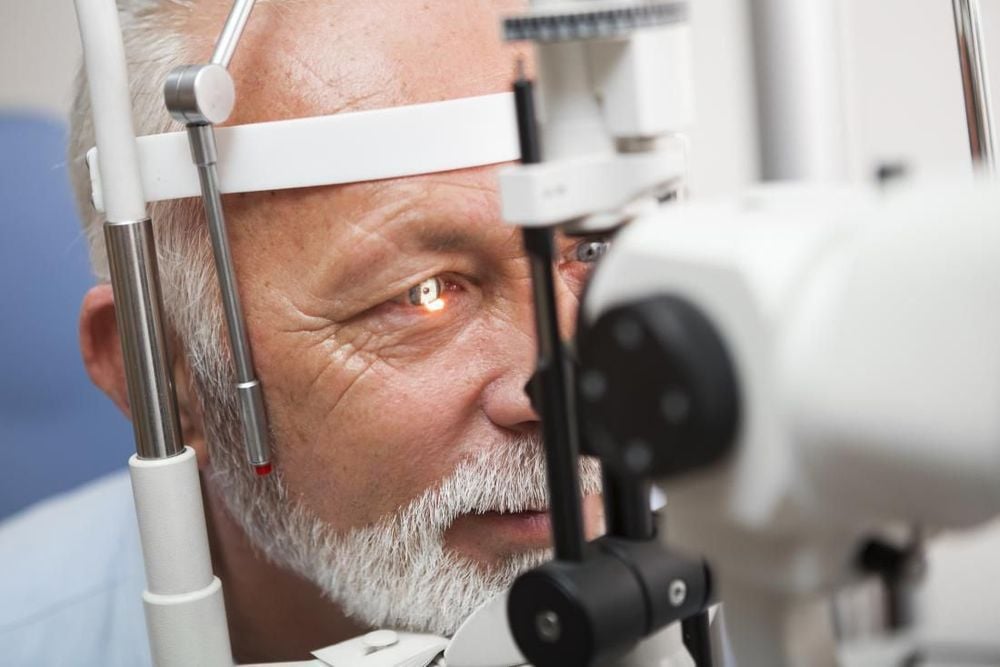
Khám sức khỏe tuổi 60 với bệnh lý về mắt và thị giác
7. Listening test
About 25% of people aged 65 to 74 years have hearing loss, most of these disorders are treatable. With increasing age, the incidence also increases. Hearing screening should be performed once a year for early detection of disorders.
8. Check the bones
In the elderly, calcium content decreases a lot. Therefore, it is very easy to suffer from bone diseases such as osteoporosis, which leads to brittle, easily broken bones. It is for this reason that older adults need regular bone exams along with a physical exam at age 60. In addition, it is necessary to supplement calcium for strong bones.
9. Check cholesterol, blood lipids
Blood fat is a very important factor, high blood fat increases the risk of cardiovascular diseases such as embolism, high blood pressure, cerebral infarction ....However, it is possible to control blood fat with a regimen. proper nutrition. Therefore, it is necessary to conduct regular blood fat checks to have a suitable lifestyle and reasonable 60-year-old health care.
10. Immunizations
Elderly people need to be vaccinated with some vaccines such as: pneumococcal vaccine, shingles vaccine, tetanus, diphtheria, influenza
11. Blood sugar
Blood sugar is also a very important factor. An increase or decrease in the blood sugar index has a great influence on the patient's health. High blood sugar increases the risk of high blood pressure, diabetes...
Elderly people should have a fasting blood sugar test every 3 years along with a 60-year-old health check. For people at high risk, it can be done more often. For patients with diabetes, it is necessary to have a blood glucose meter at home to check daily.
12. Thyroid hormone test
Thyroid hormone should be screened at least every 5 years, especially for women. Because thyroid diseases have a higher incidence in women. Thyroid hormone changes will lead to pathologies such as hyperthyroidism, basedow, thyroid cancer...
13. Dental examination
Oral diseases are not dangerous but greatly affect the patient's life. People with dental disease will have anorexia or loss of appetite due to tooth and gum pain. This leads to fatigue, weight loss and affects the mental health of the patient. In addition, dental disease also increases the risk of cardiovascular diseases.
Dental disease is not only found in children but can be encountered in all ages. Therefore, elderly people also need to visit the dentist at the age of 60 regularly to have strong teeth. In addition, it is necessary to have a suitable diet and reasonable 60-year-old health care.
14. Screening for Hepatitis C
Hepatitis C screening is recommended for people 18 years of age and older.
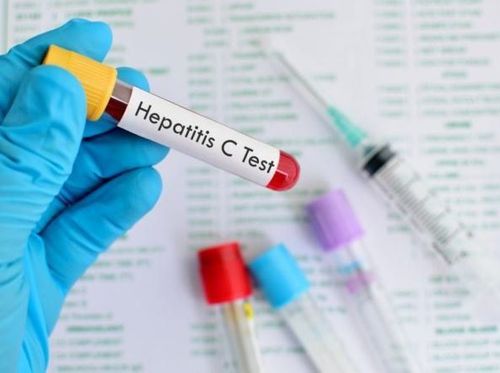
Chăm sóc sức khỏe tuổi 60 với phương thức sàng lọc viêm gan C
15. EASY Vitamin D Test
Vitamin D is an essential nutrient for bones, helps protect bones, helps bones become strong. In addition, vitamin D may also help the body fight heart disease, diabetes and some cancers.Vitamin D should be checked every year along with bone tests and physical exam at age 60 .
16. Cardiovascular disease
Heart disease is an extremely dangerous group of diseases that can be life-threatening. Therefore, it is necessary to detect the disease early by periodic health check-ups at the age of 60 and timely treatment.
Cardiovascular disease (CVD) includes two groups of diseases:
Heart disease, stroke. Vascular disease of the extremities. Cardiovascular diseases are recommended to be screened every 2 years.
17. Kidney disease
Kidney disease should be evaluated every 1 to 2 years if you are at high risk. Or it may be possible to test more often in very high-risk patients with a family history of kidney disease.
18. Dementia
Most of the elderly people often have intellectual disorders such as memory loss, amnesia or angeler's disease. Therefore, the elderly, especially those over 65 years of age, should be tested for memory impairment.
Thus, the elderly need to have regular, periodical and general check-ups at the age of 60 to detect diseases early. Based on the results of that examination, the doctor will make a treatment plan suitable for the patient's condition.
Currently, Vinmec International General Hospital has deployed general health checkup packages for each age group and customer needs. General physical examination includes detailed examination of organs, thereby helping to recognize diseases and disease risks early.
Vinmec with modern medical facilities, a team of doctors with many years of experience. Therefore, customers can rest assured when performing health checks at the hospital.
Please dial HOTLINE for more information or register for an appointment HERE. Download MyVinmec app to make appointments faster and to manage your bookings easily.




